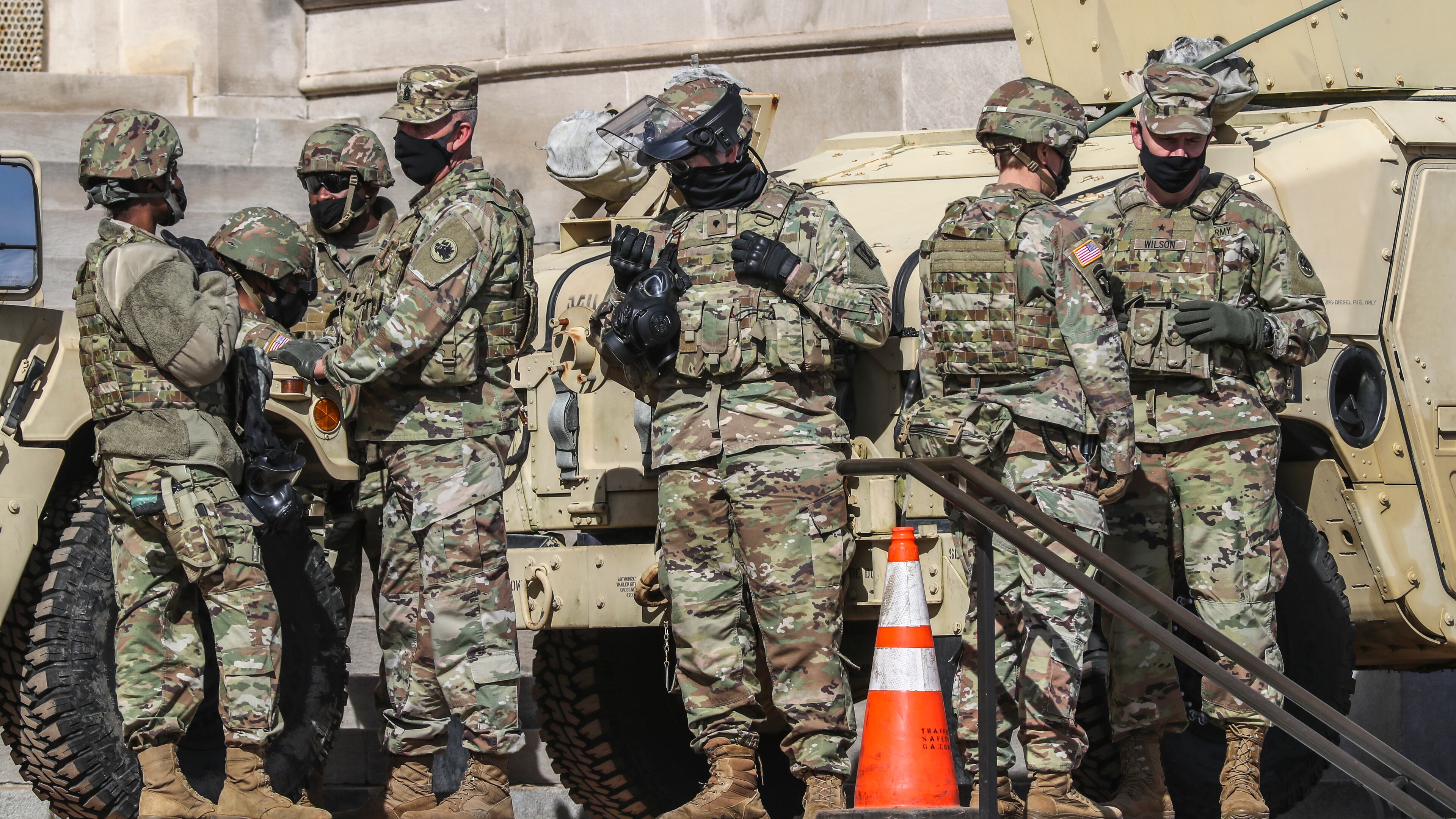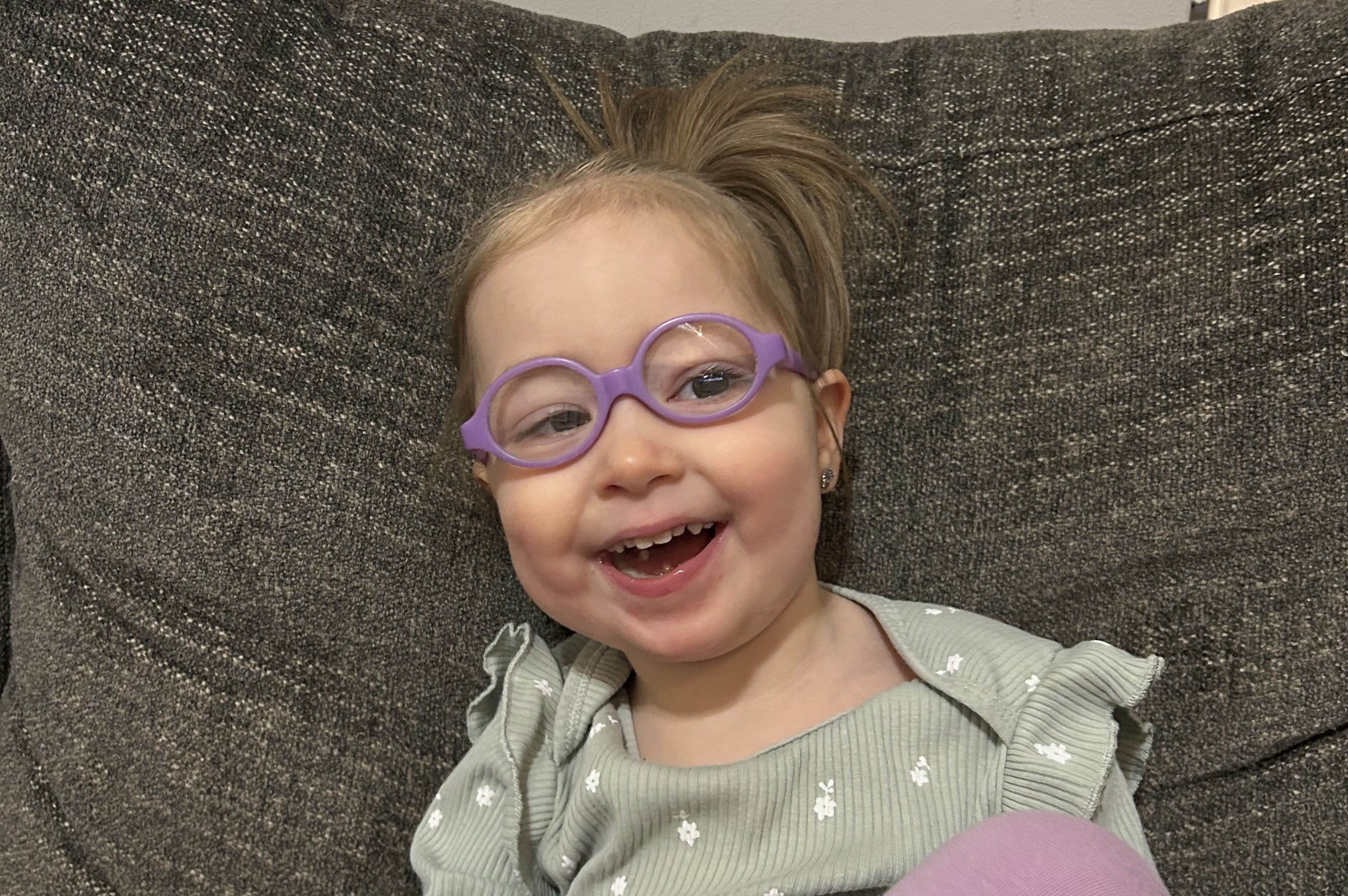Support Georgia vets by closing the coverage gap

Too many Georgia veterans return home from serving our country only to struggle to find affordable health insurance. Nearly 70,000 of our state’s veterans are uninsured, a rate that is almost 20% above the national average.
There is a widespread misperception that all veterans receive health care through the Department of Veterans Affairs (VA). In fact, qualification for VA coverage is a difficult process that can take up to a full year or more and might never be granted. Often, the resulting coverage is only partial. As a result, fewer than half our state’s veterans are enrolled in VA health care.

Other veterans may obtain coverage through an employer, but this too is uncertain, as I know all too well from firsthand experience. I served in the Georgia Army National Guard, based out of Gainesville, for eight years, including a deployment to Iraq, where I was shot at. When my service ended, I worked part-time for the Boys Club and cared for my children, and then I started a new small business inspecting homes.
None of these roles provided health care coverage, and my earnings were too high to qualify for Medicaid. I fell into the so-called “coverage gap.” Most businesses in our state do not offer health insurance as a benefit. And Georgians who earn just above the federal poverty level do not qualify for Medicaid but can’t afford private health insurance. This leaves many hardworking people, including veterans, in the coverage gap.
Military service increases the risk of serious health conditions, and low-income veterans are more likely to experience post-traumatic stress, substance abuse and mental health disorders.
It is often lonely and isolating for returning veterans. You shift abruptly from serving in a close-knit group with a shared goal to your home community where you might have to do battle to get the care and support you need and deserve. It is easy to feel hopeless and to suffer in silence, especially when you cannot afford health care.
The nonprofit organization I lead, A New Veteran, educates and empowers hundreds of Georgia veterans to advocate for themselves in seeking services and support. And we aim to help redefine what it means to be a veteran to fully reflect the diversity of today’s military.
Closing the coverage gap would help 32,000 veterans and miliary spouses and their families, about half of our state’s uninsured veterans. Legislation to close the gap awaits action by the Georgia Legislature, which last session opted to create a commission to study the problem.
We ask Georgians to serve their country and put their lives on the line, and then we fail to value and care for them when they return home. Let’s all come together in support of our veterans and close the coverage gap now.
Andrew Davenport, a Georgia National Guard veteran, is co-founder and executive director of A New Veteran, a nonprofit organization in Gainesville.


